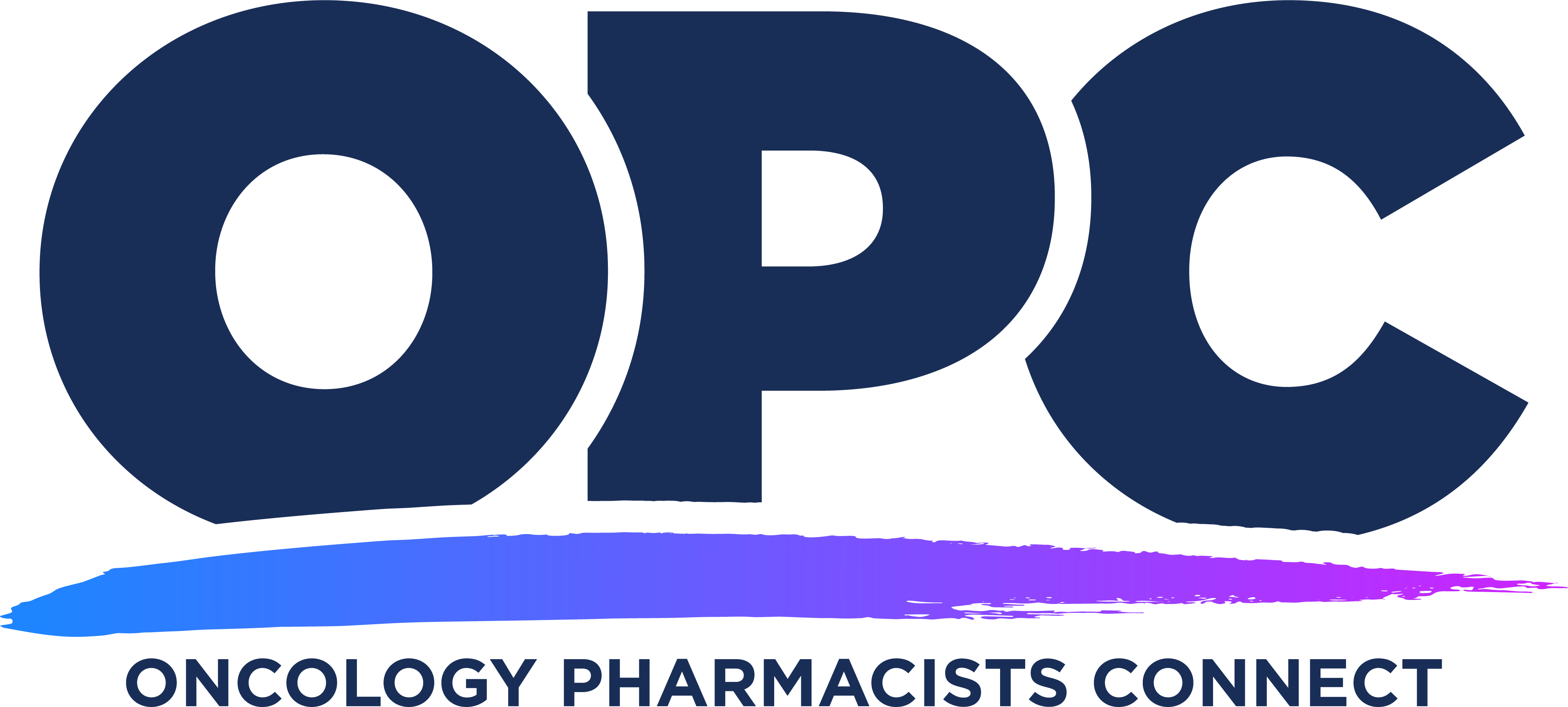
Pharmacy Practice in Focus: Oncology
- June 2025
- Volume 7
- Issue 4
The Value of a Medically Integrated Pharmacy to Maximize Cost Avoidance and Reduce Waste of Oral Oncolytic Medications

Key Takeaways
- Oncology-trained nurses' chart reviews prevent unnecessary prescriptions, reducing medication waste and costs significantly.
- Medically integrated pharmacy models show substantial cost avoidance compared to external mail-order pharmacies.
This abstract will be presented at the Oncology Pharmacists Connect (OPC) meeting in Austin, Texas, from June 19 to 20, 2025.
Oncology-trained nurses who perform chart reviews and reassessments prior to refills being shipped out to patients help reduce the number of unnecessary fills.
Medication waste and suboptimal use represent a significant economic burden on the US health care system, with billions of dollars lost annually, according to research that will be presented at the
Abstract
Background
Cost avoidance and waste reduction are defined as interventions made before the drug is dispensed to the patient that preclude an unnecessary prescription from being filled and sent to a patient. The National Institutes of Health reports that in 2012, $418 billion was wasted in the US due to suboptimal use of medications. Medically integrated pharmacy (MIP) interventions using data from a cost avoidance and waste tracker tool show: The net cost avoidance for the MIPs was $6,510,971.28 compared with $546,082.45 for the external mail-order pharmacies. Among the 37 practices that reported waste, 768 events were reported, leading to a total drug waste of $11,275,642.16. Of that, $8,935,612.15 was attributed to waste from external mail-order pharmacies, whereas $2,429,592.01 worth of drug waste was reported.
Materials and Methods
Oncology-trained nurses review the charts of all specialty oncology medications that are due to be refilled. The nurses have access to the electronic medical record and perform an extensive medical records review of office notes, labs, scans, pathology, and upcoming appointments. The nurses complete a reassessment care plan prior to medications being shipped. If a discrepancy is found, the pharmacy nurses will hold the shipment, and a clinical intervention will be communicated to the provider.
Results
American Oncology Network (AON) Pharmacy collected data on waste and cost avoidance from February 2023 to September 2023. During this time frame, the pharmacy documented 152 interventions. Withholding shipment saved $1.9 million in cost avoidance. This total saving encompasses expenditures from our patients with cancer and the health care industry as a whole. Reasons for shipment hold and this cost avoidance included dose-changed therapy on hold, progression of disease, therapy changed, and patient in hospice/deceased.
Conclusions
At AON Pharmacy, oncology-trained nurses performing chart reviews and reassessments before refills are shipped out to patients reduces the amount of unnecessary fills. This can be both clinically and financially significant. Through the cancer care continuum, we can provide high-quality care, improve clinical outcomes, and promote avoidance and waste reduction of oral oncology medications.
About the OPC 2025 Meeting
At this year’s OPC meeting, attendees will have the opportunity to showcase clinical research and practice management insights or explore the latest advancements in oncology pharmacy during the poster session and networking reception. These events foster innovation, collaboration, and professional growth within the oncology pharmacy community. Participants can present their work, exchange ideas, and connect with leaders in the field during these networking opportunities.
Prior to the start of OPC on June 19, participants are invited to attend the Hematology/Oncology Pharmacy Association (HOPA) BCOP Program in person on June 18. HOPA has selected 4.0 CE hours from BCOP Updates 2024 and the Annual Conference 2025, featuring topics such as acute leukemia, cellular therapy for solid tumors, and the pharmacist’s role in serious illness conversations. Additional information is available
Articles in this issue
Newsletter
Stay informed on drug updates, treatment guidelines, and pharmacy practice trends—subscribe to Pharmacy Times for weekly clinical insights.


























